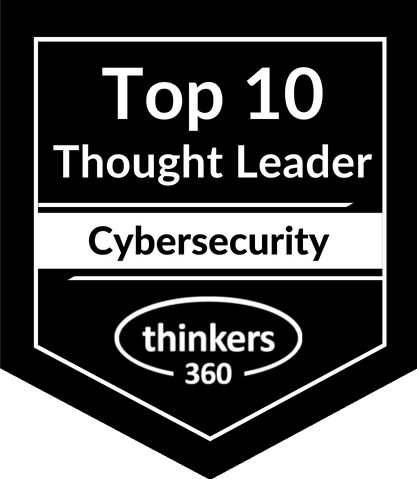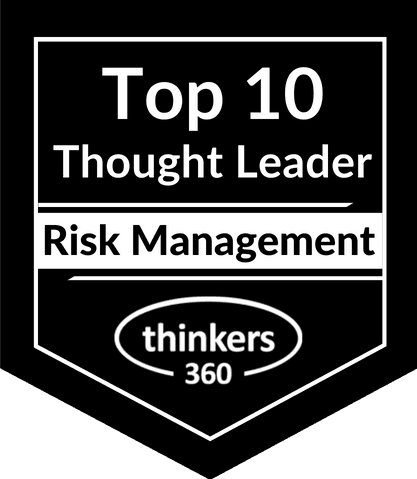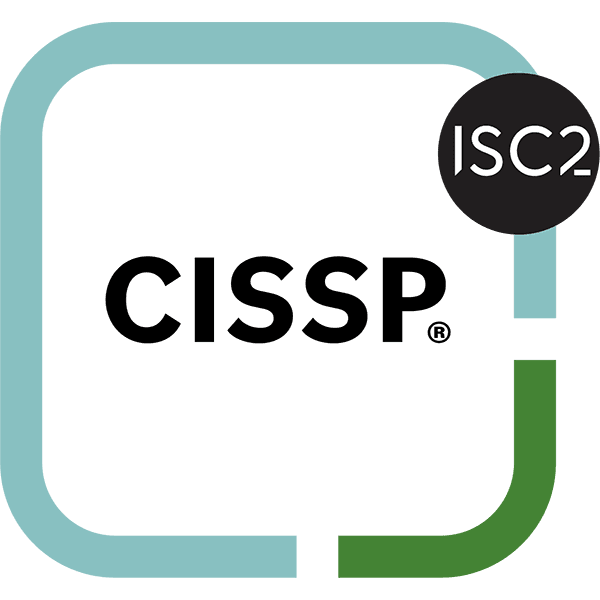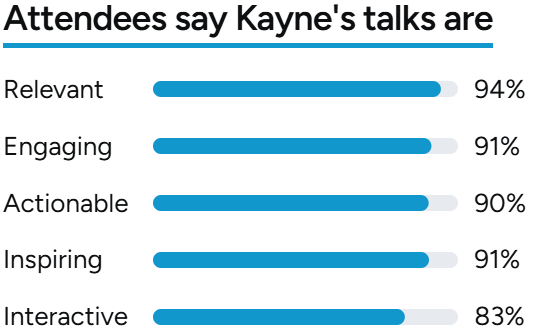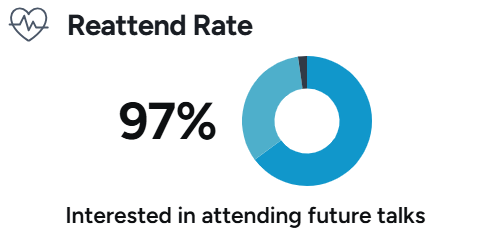I’m Kayne McGladrey, and I help Fortune 500 and Global 1000 organizations turn cybersecurity risk into business advantage. Through the GRC Maturity Model, executive‑level advisory, and targeted regulatory guidance, I enable leaders to make confident, risk‑aware decisions. I also deliver keynote talks and am a regular podcast guest.
Thought Leadership Topics
Bridging Cybersecurity and Business Risk
Cybersecurity risks are business risks. I frequently explore how organizations can align cybersecurity strategies with business objectives, enabling executives and boards to make informed decisions. CISOs serve as a critical second line of defense and compliance certifications can become a competitive advantage in regulated industries.
Navigating the Challenges of Compliance
Compliance isn’t just about meeting requirements; it’s about building trust. I share actionable steps to improve GRC maturity using my GRC Maturity Model and offer strategies to overcome the hurdles of passing audits and managing evidence requests.
Preparing for the Future of Regulation
The regulatory landscape is evolving, with AI and cybersecurity laws reshaping industries. I discuss horizon scanning techniques and how to adapt to emerging laws like the SEC’s cybersecurity disclosure rules or the EU AI Act.
About Kayne McGladrey

I’m Kayne McGladrey, CISSP‑certified cybersecurity advisor, author of the GRC Maturity Model, and senior IEEE member. Over nearly three decades I’ve helped Fortune 500 and Global 1000 firms align governance, risk, and compliance with business strategy, reduce incident‑response times by up to 45%, and avoid $10 M+ in potential losses.
My work focuses on:
- Enabling CISOs, internal‑audit teams, and executives to translate technical risk into clear business outcomes.
- Designing GRC frameworks that turn compliance into a competitive advantage.
- Guiding organizations through emerging regulations such as the EU AI Act, SEC disclosure rules, and DORA.
I’m also a frequent keynote speaker and guest speaker on multiple podcasts, where I distill complex security topics into actionable insights for boardrooms and broader audiences.
Recent Articles and Media featuring Kayne McGladrey
Below are selected external pieces where I discuss emerging threats, regulatory shifts, and practical GRC guidance. These illustrate the kinds of insight I bring to client engagements and public forums.
AI shoppers open the door to a world of uncertainty
“I’ve seen working concepts where the AI will get tricked into not only finding the wrong object, but getting the credit card information from you and sending that credit card information off to whoever’s hosting the fake scam object, and taking your bank account and collecting those credentials too, because it’s got access to all of that,” McGladrey said.
We can’t – and shouldn’t – fix everything – The Industrial Security Podcast
We know there are problems in our security systems, but we can’t and shouldn’t fix everything. What do we fix? Who decides? How do we explain what’s reasonable to people who do decide? Kayne McGladrey, CISO In Residence at Hyperproof, joins us to explore risk, communication, and a surprising role for insurance.
Cloudflare behind the latest outage to break the internet
“While there’s no real regulation for cloud providers in the U.S., IEEE Senior Member Kayne McGladrey noted that the European Union does have rules on the books under the Digital Operational Resilience Act (DORA), which directly regulates cloud providers serving financial entities in the EU and their ICT providers.”
Testimonials
Covered serious information, with the style and grace of a speaker who actually understands the subject and knows it’s an uncomfortable topic but needs to be discussed (see talk report)
D. Wright
The topic covered is something that every security person should know how to do and be aware of. This is what helps us justify our team, tools, and growth. (see talk report)
Evan Lund
Very inspiring and can help put cyber risks into terms that facilitate understanding for business folks. (see talk report)
Cao Chung
Skills for cutting through complexity and simplifying tasks to get results in managing risks. (see talk report)
Stephen Zetter
